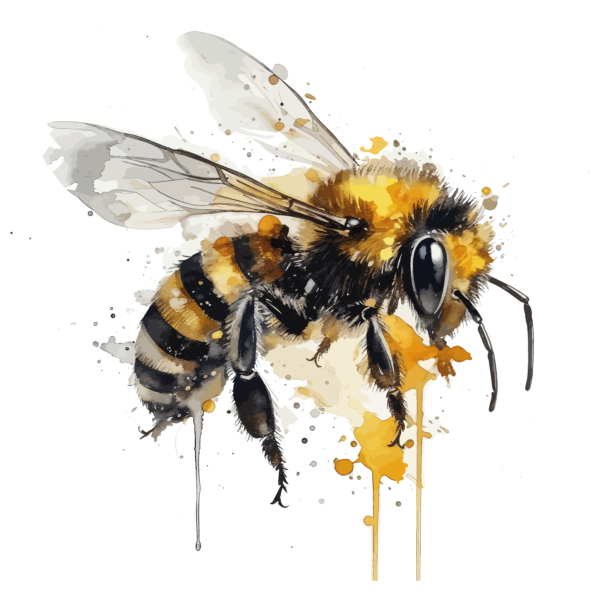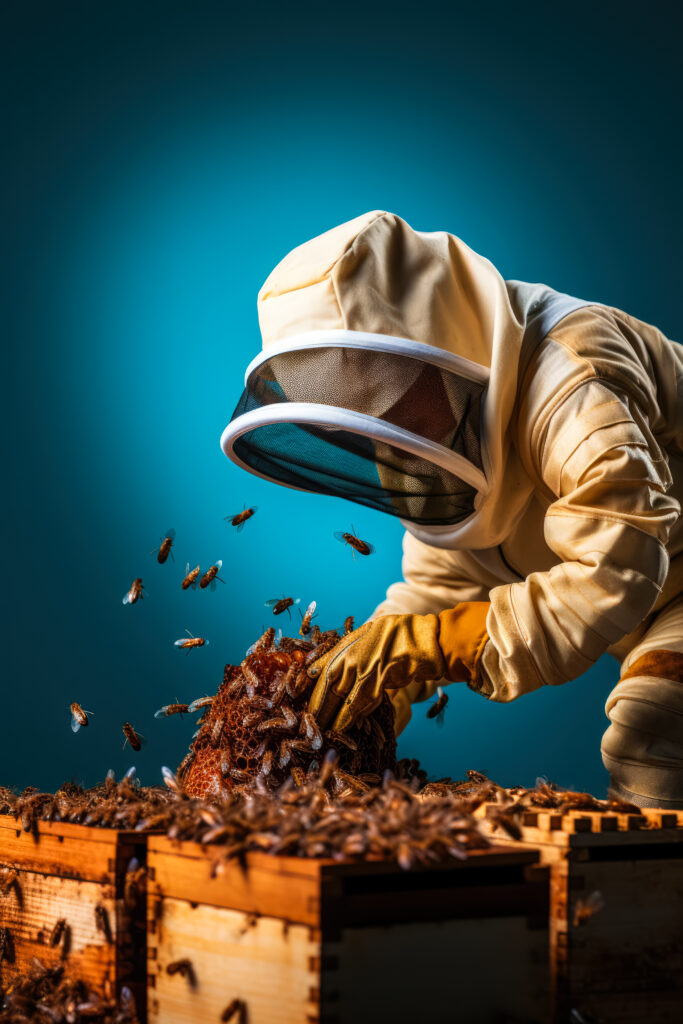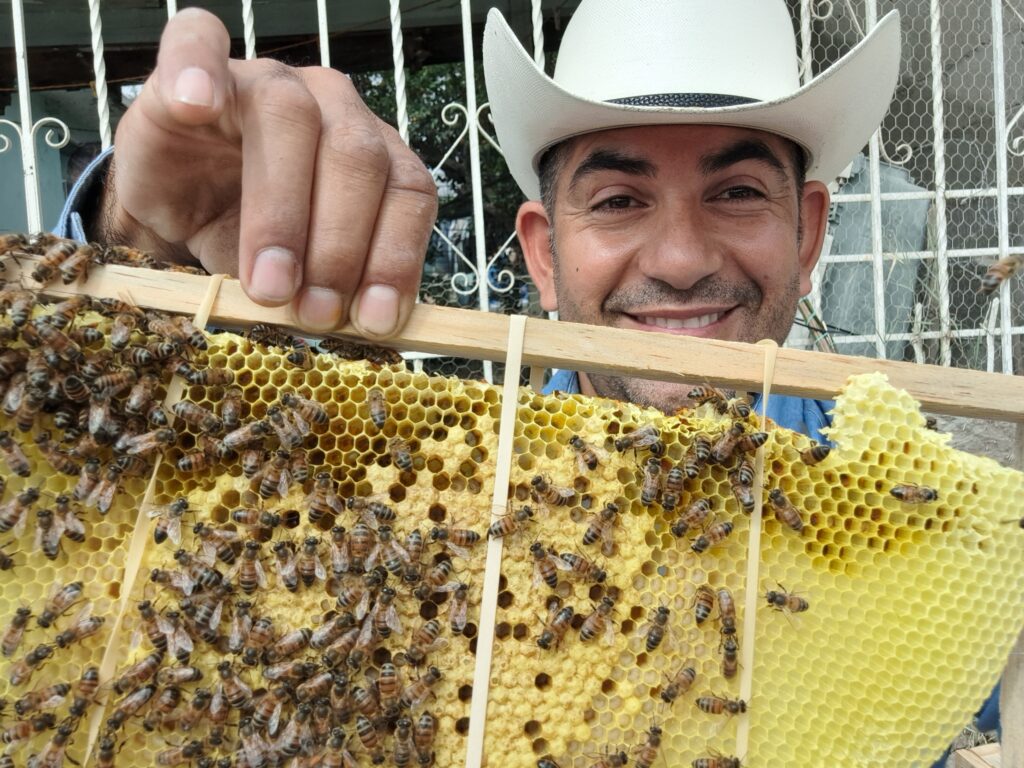Pollination Crop Selection.
Pollination Crop Selection in Apiculture: Optimizing Agricultural Yield and Biodiversity
Introduction
Pollination is a fundamental ecosystem service essential for the reproduction of many plant species, including various agricultural crops. In the intricate web of apiculture, a pivotal facet is "Pollination Crop Selection." This professional discourse delves into the complexities of this aspect, exploring its significance, the process of crop selection, and the broader implications for agricultural sustainability and biodiversity.
Significance of Pollination Crop Selection
Pollination crop selection refers to the deliberate choice of crops that benefit from animal pollination, especially by honeybees and other insect pollinators. This process is of paramount importance due to the significant influence it exerts on agricultural ecosystems and biodiversity. Here's an overview of its critical significance:
Crop Yield and Quality: Many crops, including fruits, vegetables, and nuts, rely on animal pollinators for efficient pollination. Proper crop selection ensures a higher yield, improved crop quality, and often results in larger and more uniform fruits.
Genetic Diversity: By promoting the cultivation of a variety of crops that require pollination, beekeepers contribute to the genetic diversity of both the plant species and the pollinators themselves.
Economic Value: Pollination is a vital ecosystem service with substantial economic value. The choice of crops that depend on animal pollination can directly impact the income and livelihoods of beekeepers, farmers, and other stakeholders.
Biodiversity Conservation: Pollination crop selection can play a role in conserving biodiversity by creating and maintaining diverse habitats that support a multitude of pollinator species.
Process of Crop Selection
Selecting the right crops for pollination requires a nuanced and strategic approach. Here are the key steps involved in the process of pollination crop selection:
Local Ecosystem Assessment: Understand the local ecological context and assess the available pollinator species, as different regions may host various pollinators with distinct preferences.
Crop Suitability: Evaluate the suitability of different crops for the local climate, soil conditions, and available resources. Some crops may be better adapted to specific regions than others.
Bee Forage: Identify crops that provide abundant and diverse nectar and pollen resources for bees. These crops should ideally be complementary, ensuring a continuous supply of forage throughout the growing season.
Crop Rotation: Promote crop rotation practices that include pollinator-dependent crops. This minimizes the risk of exhausting forage resources and provides a steady supply of food for pollinators.
Stakeholder Collaboration: Engage with local farmers, agricultural extension services, and other stakeholders to encourage the cultivation of pollinator-dependent crops.
Benefits and Challenges
Pollination crop selection is not without its benefits and challenges:
Benefits:
Enhanced Crop Yield: By selecting pollinator-dependent crops, the potential for higher crop yields and better-quality produce is increased.
Economic Prosperity: Beekeepers can benefit from increased demand for pollination services, contributing to their economic well-being.
Biodiversity Conservation: Diverse crop selection fosters the preservation of pollinators and contributes to the overall conservation of biodiversity.
Challenges:
Ecosystem Variability: Ecosystems can be dynamic, with changing environmental conditions that affect crop success.
Crop Pesticides: The indiscriminate use of pesticides in agriculture can pose a significant threat to pollinators.
Market Demand: While selecting pollinator-dependent crops is beneficial, market demand and pricing can fluctuate, impacting economic returns.
Conclusion
Pollination crop selection is a critical element in the intricate world of apiculture and agriculture. The careful choice of crops that depend on animal pollination not only ensures the livelihood of beekeepers and the economic prosperity of farming communities but also contributes to the preservation of vital pollinators and the overall biodiversity of our ecosystems.
Through an informed, adaptive, and strategic approach to crop selection, beekeepers, farmers, and environmental stewards can work together to foster a sustainable coexistence between pollinators and agriculture. In doing so, we strengthen the foundation of our food systems, support the health of our planet, and promote the crucial interdependence between human and natural ecosystems. The harmonious integration of pollination crop selection into agricultural practices is a testament to our commitment to a sustainable and biodiverse future.




